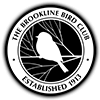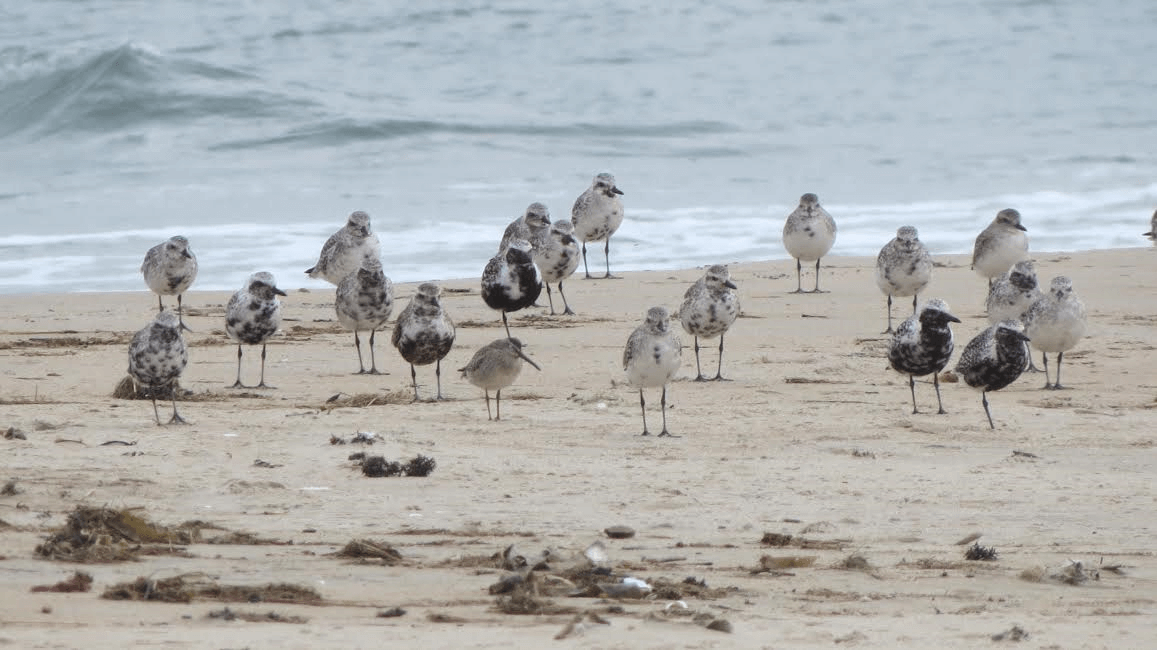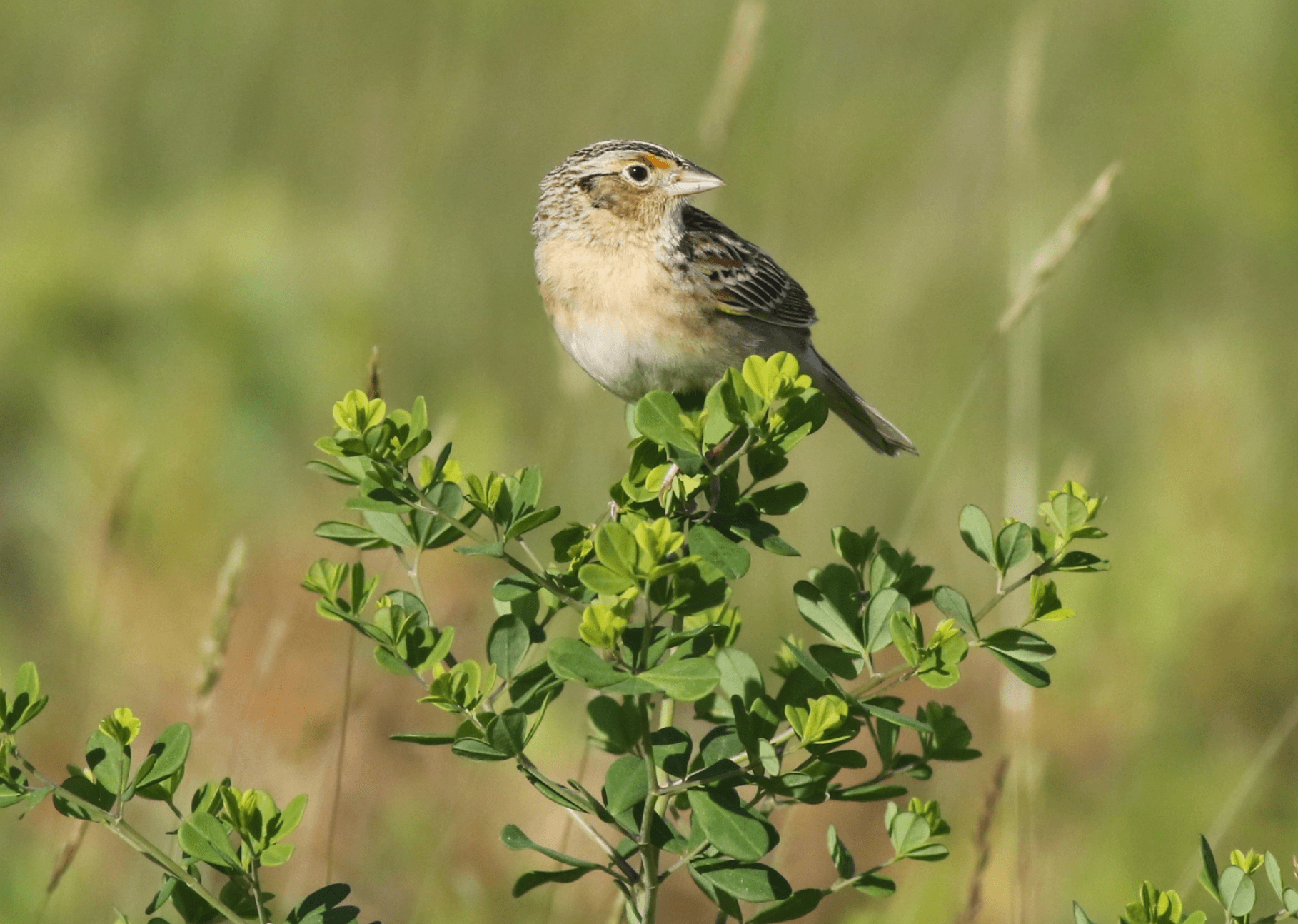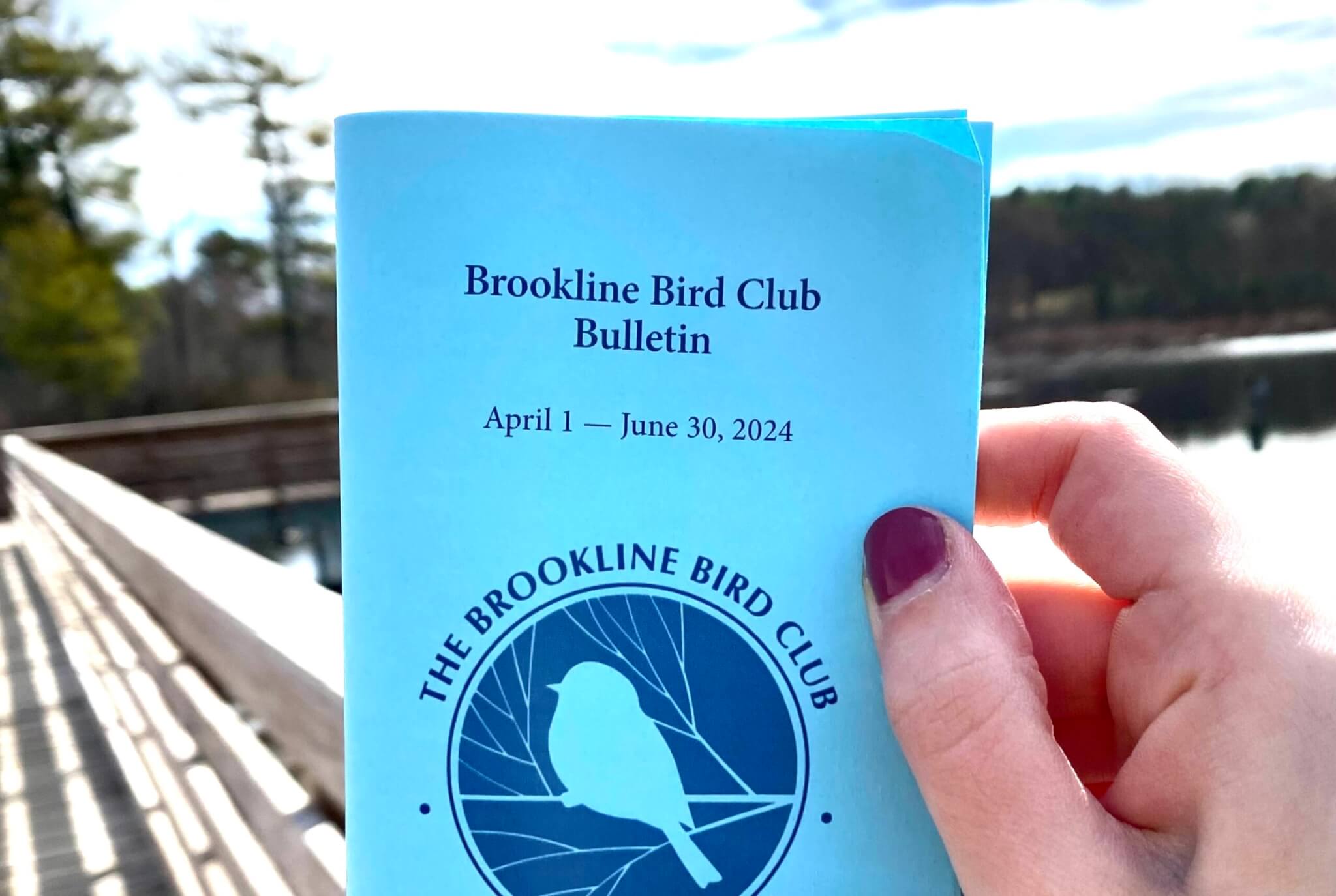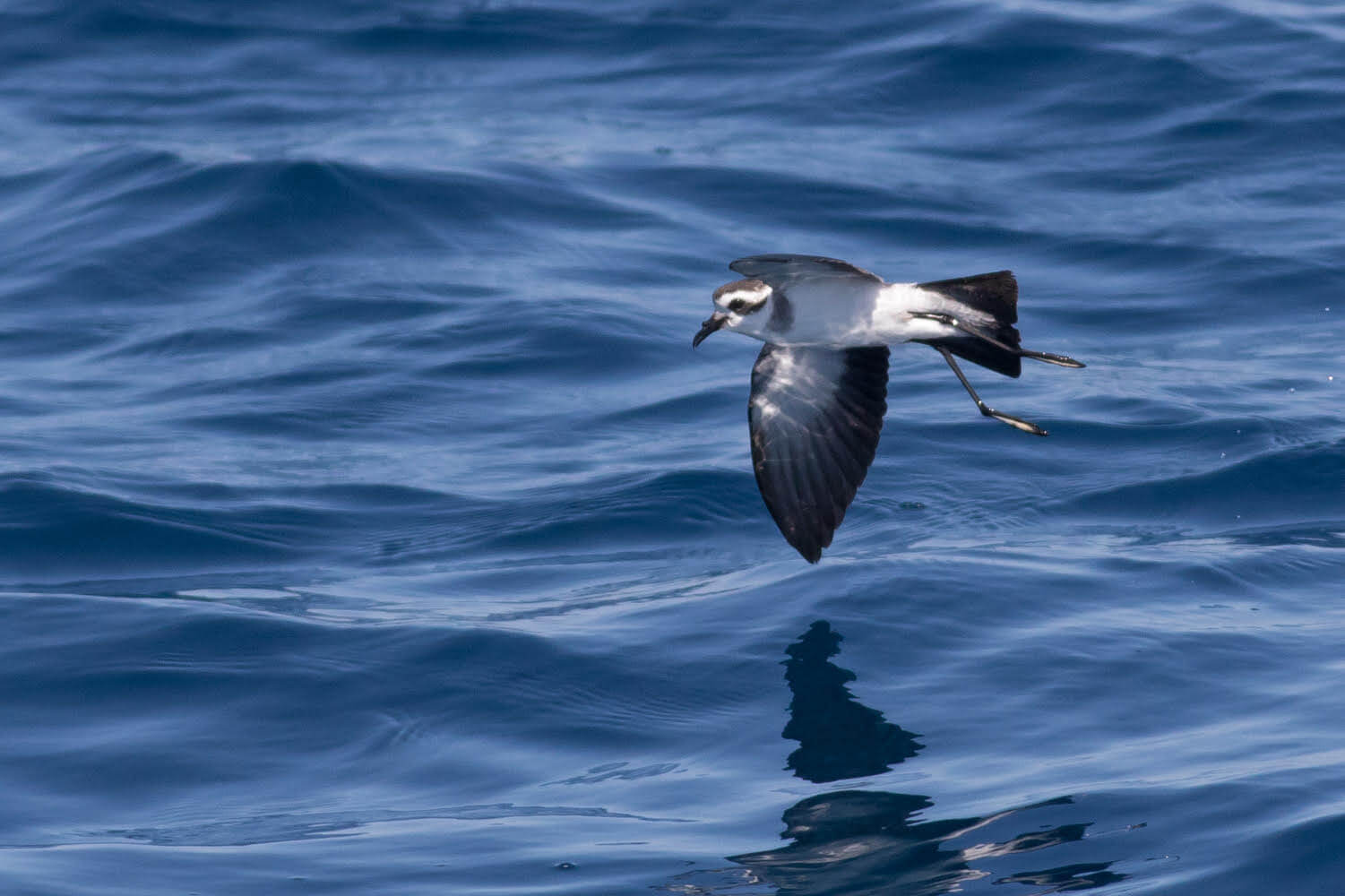Threats to Federal Bird Science Funding
According to the journal Science, the administration has targeted the Ecosystems Mission Area at the U.S. Geological Survey for elimination in its upcoming Fiscal Year 2026 budget request. The Ecosystems Mission Area, with its $307 million annual budget, supports critical biological research on endangered species, climate change, disease, and wildlife conservation. The Office of Management and Budget has directed USGS to gradually shutdown the program, affecting about 1,200 USGS scientists and staff.
The Bird Banding Laboratory and the Breeding Bird Survey are both housed by the Ecosystems Mission Area and are critical to the functions of Federal and State wildlife agencies, Migratory Bird Flyway Councils, and non-governmental organizations.
Scientific societies are rallying behind the Ecosystems Mission Area, weighing in with both the administration and with Members of Congress. Over 70 scientific and conservation organizations have written to Secretary of the Interior Doug Burgum, expressing strong support for the U.S. Geological Survey’s Ecosystems Mission Area and urging the Department to maintain the program area’s funding at the FY25 level in the FY26 federal budget. Information recently obtained by the journal Science indicates that the administration intends to eliminate the entire program area.
The letter highlights the Ecosystems Mission Area program area’s crucial role in providing scientific research and decision-support tools that benefit public safety, environmental health, natural resource management, and public health, and emphasizes that the program’s interdisciplinary science underpins national strategies to respond to environmental and ecological challenges
News Categories
Upcoming Field Trips
-
-
Winthrop Beach, Gull Focus
Winthrop - DCR Winthrop Beach Reservation - Sturgis St 59 Winthrop Shore Drive, Winthrop, MA, United StatesLet's explore Winthrop Beach for gulls and other birds. We'll focus on gull ID, including identification of subadult gulls and possible unusual winter visitors.
-
Belle Isle Marsh and Vicinity
East Boston - Belle Isle Parking Lot 1399 Bennington Street, Boston, MA, United StatesLed by DCR staff. We will search on foot up to one mile, on flat, easy terrain for snowy owls and other raptors, native sparrows, finches, waterfowl, and other birds. This is a traveling program by car or bike. Prepare for ticks. Ages: Adults and kids 8 years+ with adult chaperone. Binoculars recommended. ADA/Reasonable Accommodations [...]
-
Dunback Meadow, Lexington
We will look for semi-hardy migrants and wintering birds including raptors. Fox Sparrow are often here at this time of year. Expect to walk about 3 miles on possibly muddy trails. Cosponsored with Menotomy Bird Club.
-
Neponset River Greenway, Mattapan to Milton (T accessible)
Boston - Neponset River Greenway, Mattapan to Milton (T accessible) 1674 Blue Hill Avenue, Mattapan, MA, United StatesEnjoy an approximately 2-mile walk along the Neponset River Greenway on an accessible boardwalk and bike path. Let's see what we can find together! Beginners encouraged as well as more experienced birders. Limited mobility welcome but snow or ice may be present.
-
Belle Isle Marsh Reservation
East Boston - Belle Isle Parking Lot 1399 Bennington Street, Boston, MA, United StatesLet's explore the East Boston side of Belle Isle Marsh in winter! We'll look for ducks, hawks, Bald Eagles, winter finches and many more birds! Belle Isle is a fantastic birding destination in any season. All of the trails are flat and easy, with a slight elevation on the small hill going through the meadow. [...]
